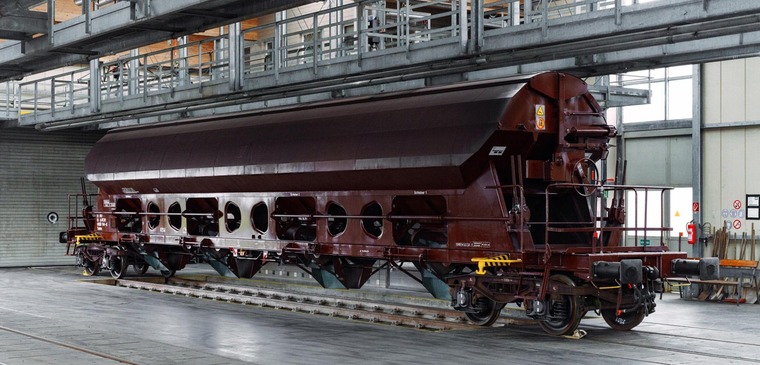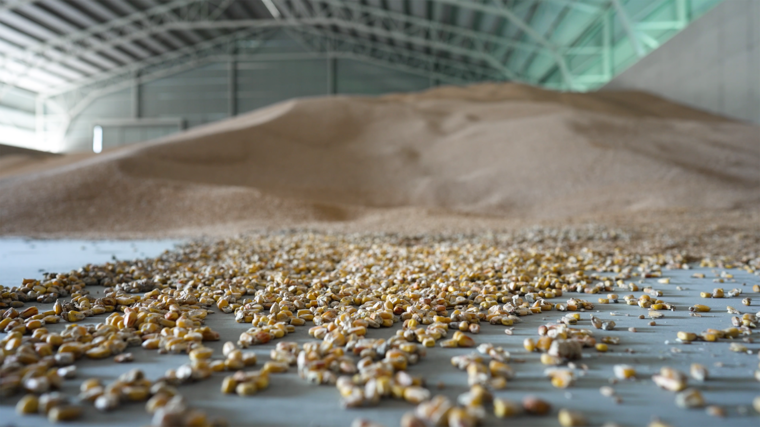Are there nevertheless some transport routes that are more heavily used than others?
Leo: We transport a lot to Italy, for example, to the big pasta producers, retailers and animal feed manufacturers. We also organise transports close to the French Alps in Italy, where alcohol is extracted from the grain we transport there. This in turn is transported to Scotland, among other places, to produce whiskey. Vodka and gin are also made from it. But it’s not just alcohol: everyone is familiar with the well-known brand of sweets with the little chewy, colourful bears. The fructose for making those also comes from the grain we transport. We also transport sugar beet on a large scale. This is then used to produce traditional granulated sugar for baking cakes. That’s the best thing about it: we all come into contact with the end products of our work in one way or another.
I have heard that citric acid is also produced from corn, and not, as many people think, from lemons. That’s also found in many foods.
Stevan: That’s right, we transport corn to a large manufacturer in Lower Austria, among others, which uses it to produce citric acid. This is used in the food industry as an antioxidant, but primarily as an acidifier. It can be found in almost every tinned food, for instance in tomato sauces for spaghetti dishes.
Speaking of spaghetti – you’ve already mentioned that Italy is a frequent destination when it comes to making spaghetti, fusilli and penne, among other things. What other destinations or transport flows are there?
Leo: We serve a total of three major transport corridors. Italy has already been mentioned. Grain is transported there from Hungary, Romania or Ukraine. We also organise a lot of transports from Ukraine to the large mills in Germany. And the third major strand is sugar beet, which we transport to local sugar factories, mainly in Austria and Hungary. In the last sugar beet season, as a matter of fact, we transported more than 29,000 wagons in Austria alone and moved almost 1.5 million tonnes – that is almost record-breaking.
Are grain transports from Ukraine still a major issue?
Leo: Absolutely. Ukraine used to export most of its grain through its ports (e.g. Odessa). Then the war began, and suddenly overland transport played a much more important role. This was particularly challenging initially, as there were no resources and capacities available anywhere in Europe for these enormous additional volumes. But I have to say that everyone involved – growers, producers, shippers and carriers – did their homework very well and quickly. It is still challenging, of course, particularly because of the broad gauge railways in Ukraine. Europe has standard gauge, which means that the wagons have to be reloaded at the border, which in turn means that the European and Ukrainian wagons have to meet at the border within a relatively short window. Time management is the be-all and end-all. On top of that, this is also an extremely political issue.




